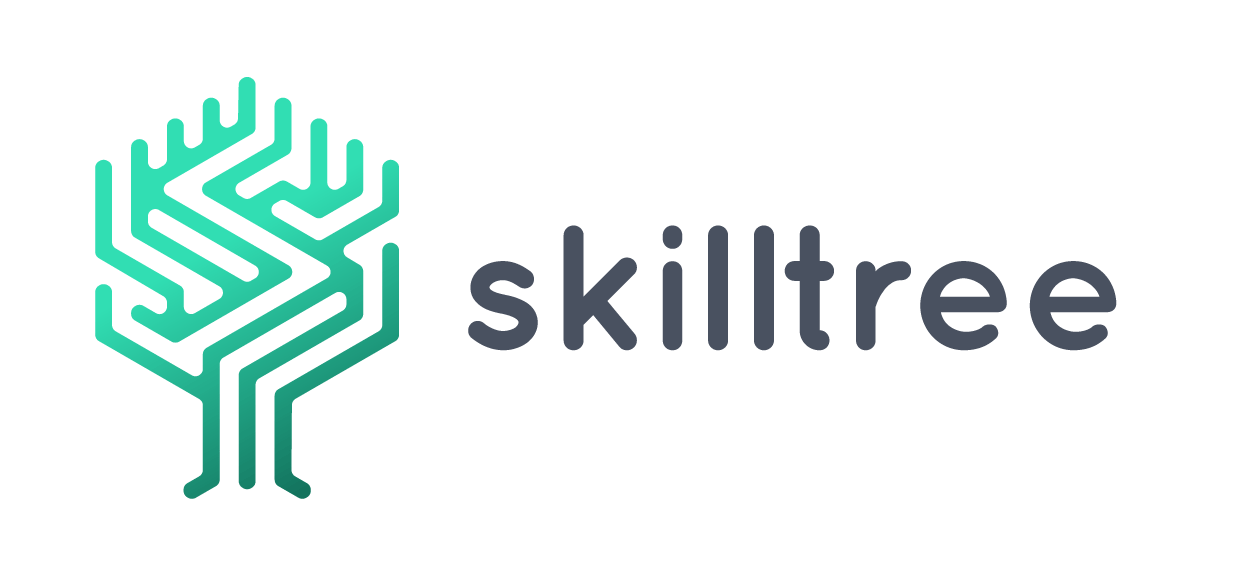When organisations are ready to start with skills management, there are possibilities to create an overview by using an Excel template. Professional skill management systems are a more sustainable approach. They are more flexible, contain more information and are more efficient in the long run. Therefore, in this article we will introduce you to professional skill management systems.
What is a professional skills management system?
In practice, professional skill management systems are implemented digitally in software solutions. Their main task is to structure and manage knowledge about employees. This information of all employees is related to the competences and skills required in the workplace. For each individual employee, existing competences and experience required in the organisation are collected and entered in a qualification profile. This makes competences visible and ready for further management.
In short, a skill management system makes all competences relevant to the organisation visible in a digital solution.
Main areas of application
A professional skills management system is designed to support multiple business units. Depending on the industry, different fields of application are in focus, but basically the main areas of application are the following:
- Personnel development. Through regularly managed skill management systems, it is possible to see where there is a need for further training, where certificates need to be renewed or even where there is overqualification. Strategies can be developed to counteract these problems.
- Expert search. Experts can be easily searched for and found on the basis of certain competence characteristics.
- Recruitment. The qualification profiles of all employees make it easier to find potential candidates for a job vacancy. This can shorten or even completely avoid time-consuming application procedures. In addition, the vacancies can be filled with employees already working in the organisation, which can strengthen the working atmosphere.
- Project management. Every project requires a project team with different qualifications to complement each other. These team members can be selected on the basis of certain skills and thus the ideal teams can be put together.
Basic structure
Professional skill management systems are digital solutions that are either custom software solutions or modular ready-to-use systems where individual processes can be adapted. But there are components and functions that should be fundamental to skill management software tools:
- Competence Catalogue
- Possibility to record the skills
- Qualification profiles of employees
- Possibility to compare qualification profiles of employees
- Skills Search
Economic effects and risks
The acquisition of a skills management system impacts several areas of an organisation. Therefore, the system needs to be adequately researched and the purchase well considered and planned, as it should ideally provide a long-term benefit to an organisation.
Economic effects
The introduction of a skills management system involves costs and time. Here it must be weighed up whether a prospective system can bring about an improvement in the organisation or whether there could even be disadvantages in the form of additional costs and inefficient process structures. The potential savings, the costs that could be incurred if the skills management system is not implemented, and the costs of each position for the system should be broken down.
Risks
As with any other digital solution for accounting or marketing, there are risks that can arise after implementing a skills management system. With regard to the preservation of equal opportunities, it can be discussed whether this is lost through transparency or remains present. Errors can occur during data entry and thus falsify the assessments of individual employees. It should also be questioned here whether the system should always be blindly trusted. Precautions must also be taken with regard to data security. Another risk is the timeliness of the data. If there is no regular recording of current skills, false impressions of employees can arise.
